UK now the second-biggest arms dealer in the world
Nearly £8bn worth of arms sold to countries on human rights priority list
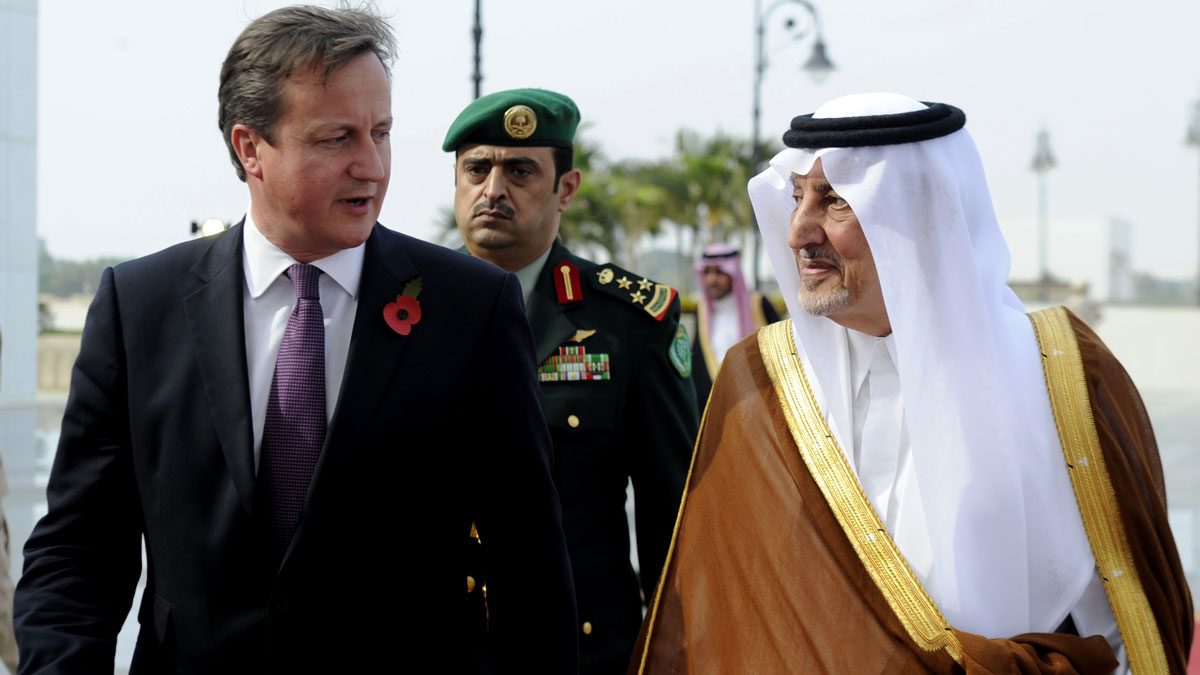
A free daily email with the biggest news stories of the day – and the best features from TheWeek.com
You are now subscribed
Your newsletter sign-up was successful
The UK is now the second-biggest arms dealer in the world, government figures show – with most of the weapons fuelling deadly conflicts in the Middle East.
The news comes as MPs decide whether to call for a ban on arms sales to Saudi Arabia in light of allegations of indiscriminate bombing by the Saudi-led coalition during the 18-month-old Yemen civil war.
But such a move would "infuriate Riyadh, unnerve arms manufacturers and embarrass the Conservative government", says The Guardian.
The Week
Escape your echo chamber. Get the facts behind the news, plus analysis from multiple perspectives.

Sign up for The Week's Free Newsletters
From our morning news briefing to a weekly Good News Newsletter, get the best of The Week delivered directly to your inbox.
From our morning news briefing to a weekly Good News Newsletter, get the best of The Week delivered directly to your inbox.
What do the statistics show?
A joint analysis conducted by The Independent and the Campaign Against Arms Trade found £7.9bn worth of arms was sold to countries on the human rights priority list, which is maintained by the Foreign Office and includes countries judged by the FCO to have "the worst, or greatest number of, human rights violations" of which Saudi Arabia is one of them.
This summer, UK Trade and Investment, a government body that promotes British exports abroad, boasted: "The UK is one of the world's most successful defence exporters, averaging second place in the global rankings on a rolling ten-year basis."
According to the body, the UK has, on average, sold more arms than Russia, China or France over the last 10 years. "Only the United States is a bigger exporter," says The Independent.
A free daily email with the biggest news stories of the day – and the best features from TheWeek.com
What about Yemen?
The Foreign Secretary, Boris Johnson, has defended UK arms sales to Saudi Arabia, saying the Saudi-led bombing campaign in Yemen is not "in clear breach" of international humanitarian law.
But human rights activists argue that breaches occurred when the Saudi-led coalition bombed several international hospitals run by the charity Medecins Sans Frontieres (MSF), schools and wedding parties.
MSF has now withdrawn staff from six medical facilities in the northwest of Yemen after the air strikes - and human rights groups say there is evidence civilian targets are being deliberately hit.
What will happen next?
Andrew Smith, of the Campaign Against Arms Trade, warns that the dependence of British exporters on unsavoury regimes could make the UK less likely to intervene against human rights violators.
"These terrible figures expose the hypocrisy at the heart of UK foreign policy," he said. "The government is always telling us that it acts to promote human rights and democracy, but it is arming and supporting some of the most repressive regimes in the world."
But Desmond Swayne, a former minister at the Department for International Development, told Channel 4 News that the UK is not party to the war in Yemen and will "continue to assess the situation appropriately".
-
 El Paso airspace closure tied to FAA-Pentagon standoff
El Paso airspace closure tied to FAA-Pentagon standoffSpeed Read The closure in the Texas border city stemmed from disagreements between the Federal Aviation Administration and Pentagon officials over drone-related tests
-
 Political cartoons for February 12
Political cartoons for February 12Cartoons Thursday's political cartoons include a Pam Bondi performance, Ghislaine Maxwell on tour, and ICE detention facilities
-
 Arcadia: Tom Stoppard’s ‘masterpiece’ makes a ‘triumphant’ return
Arcadia: Tom Stoppard’s ‘masterpiece’ makes a ‘triumphant’ returnThe Week Recommends Carrie Cracknell’s revival at the Old Vic ‘grips like a thriller’
-
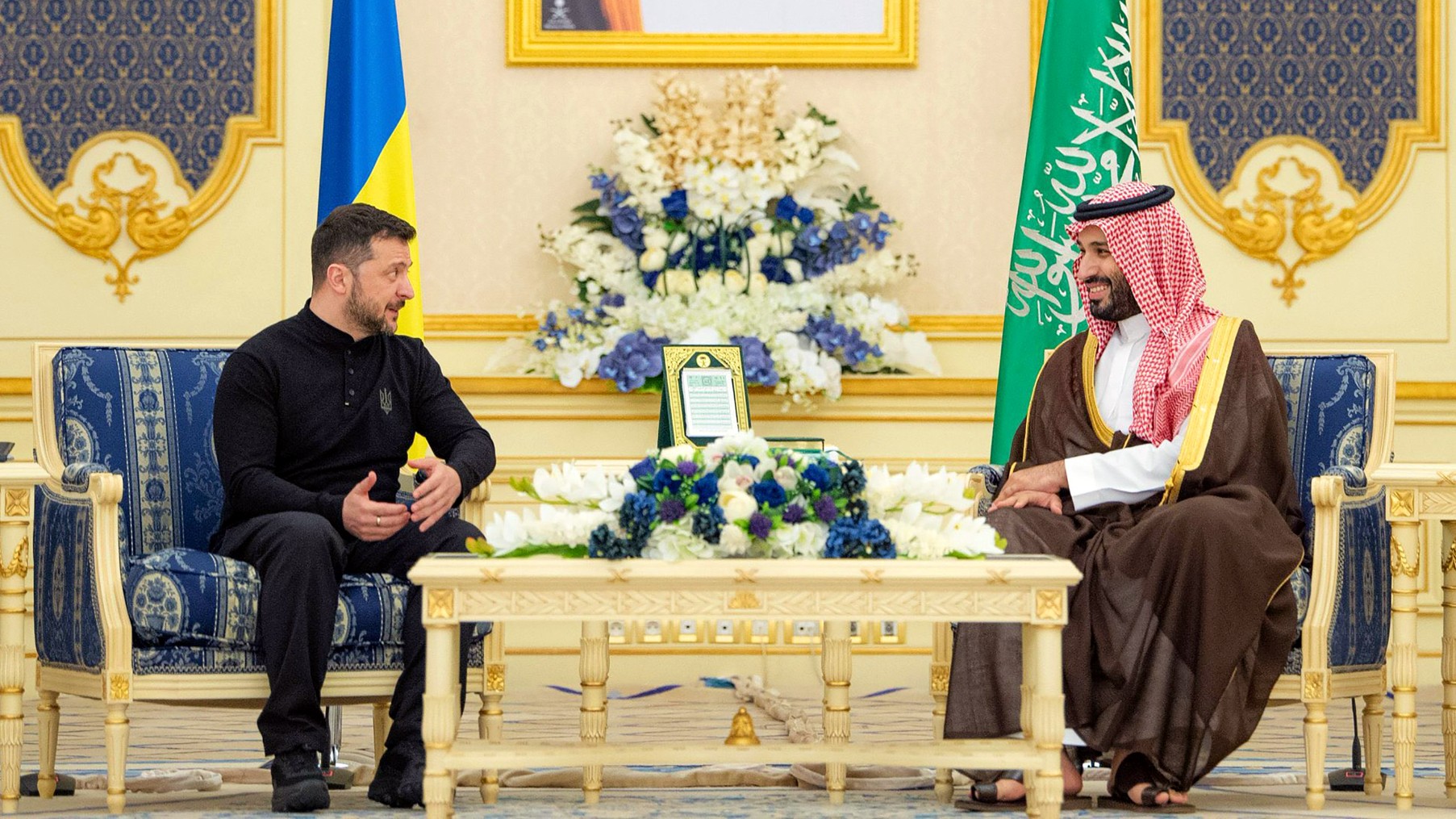 Can Ukraine make peace with Trump in Saudi Arabia?
Can Ukraine make peace with Trump in Saudi Arabia?Talking Point Zelenskyy and his team must somehow navigate the gap between US president's 'demands and threats'
-
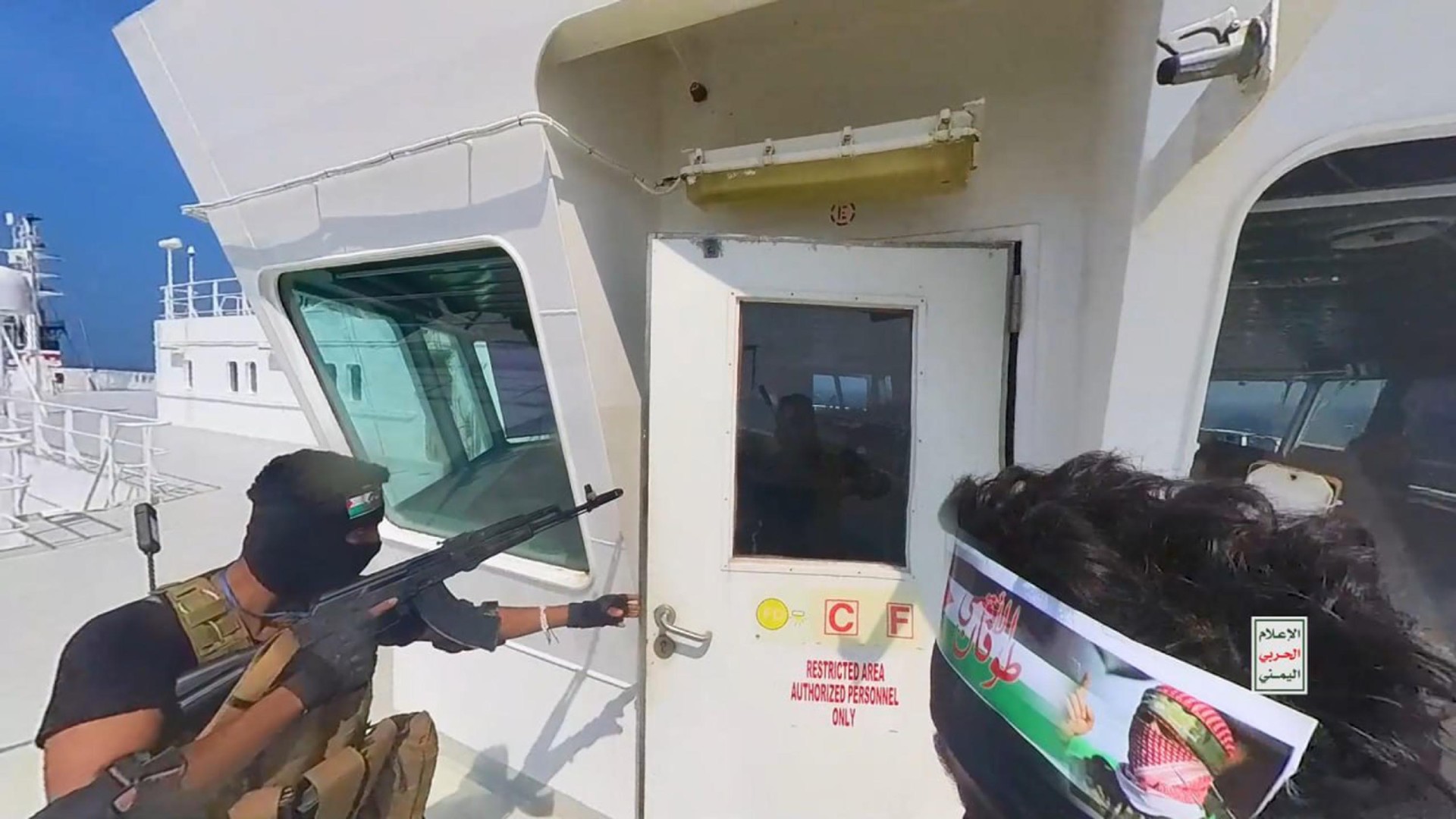 Who are the Houthi rebels in Yemen?
Who are the Houthi rebels in Yemen?In Depth Latest US-UK strikes against Houthi rebels send 'clearest possible message' that they must stop Red Sea attacks
-
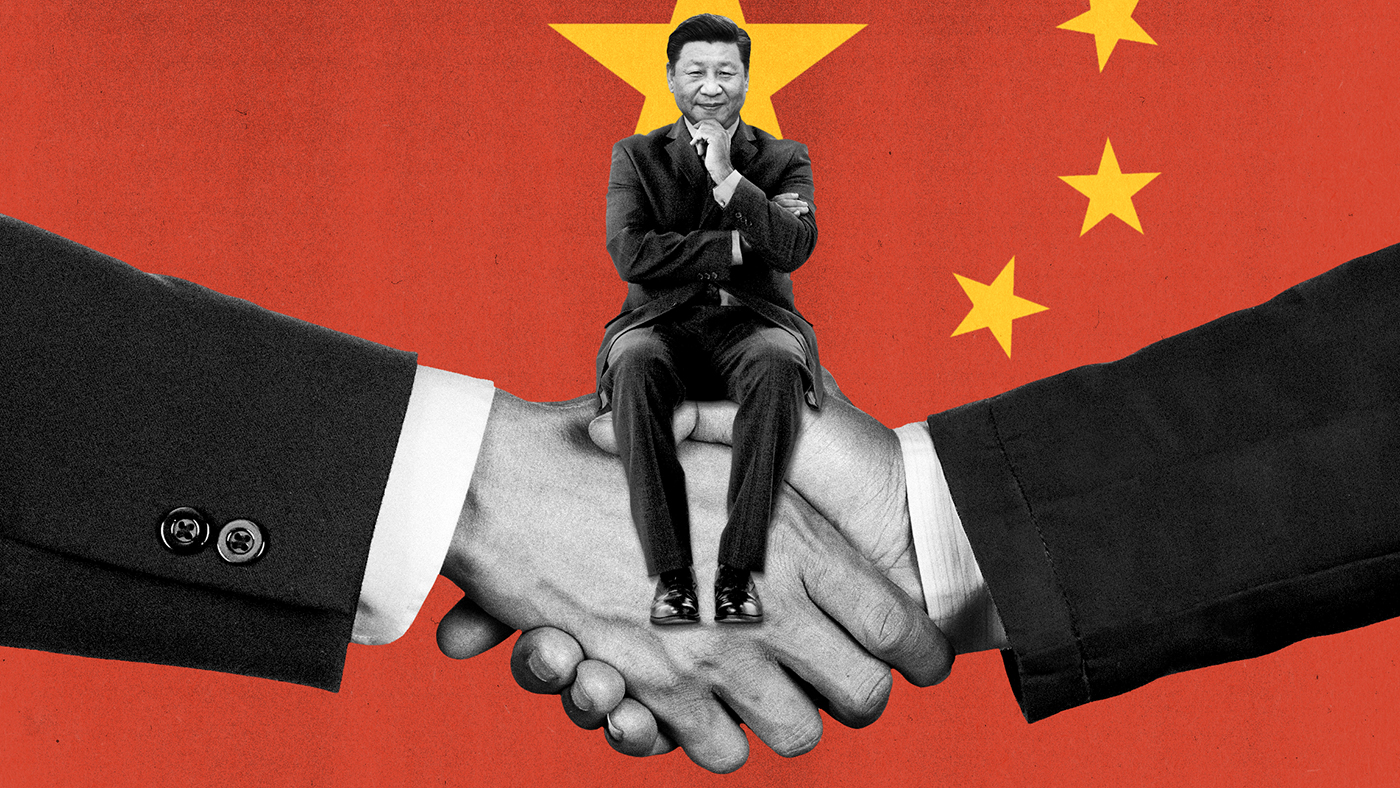 Xi Jinping: the new global peacemaker
Xi Jinping: the new global peacemakerfeature China intervenes in the Middle East and Ukraine - but what are its intentions?
-
 Jamal Khashoggi's Saudi killers got paramilitary training in U.S., reportedly killed him with drugs from Egypt
Jamal Khashoggi's Saudi killers got paramilitary training in U.S., reportedly killed him with drugs from EgyptSpeed Read
-
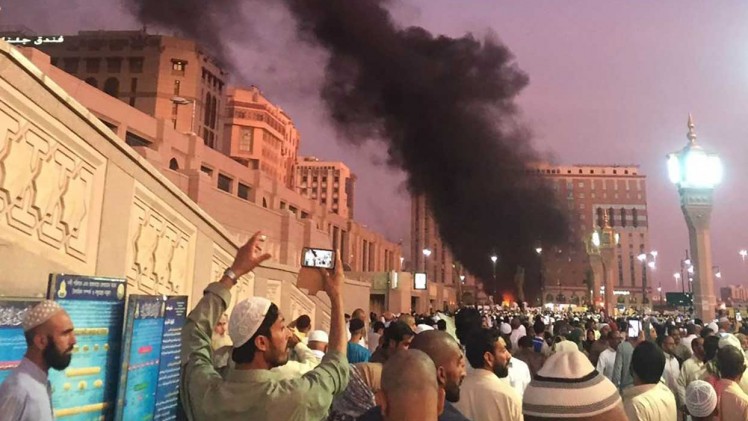 Saudi Arabia attacks: Four dead in Islamic holy city of Medina
Saudi Arabia attacks: Four dead in Islamic holy city of MedinaSpeed Read Suspicion likely to fall on Islamic State, although no immediate claim of responsibility has been made